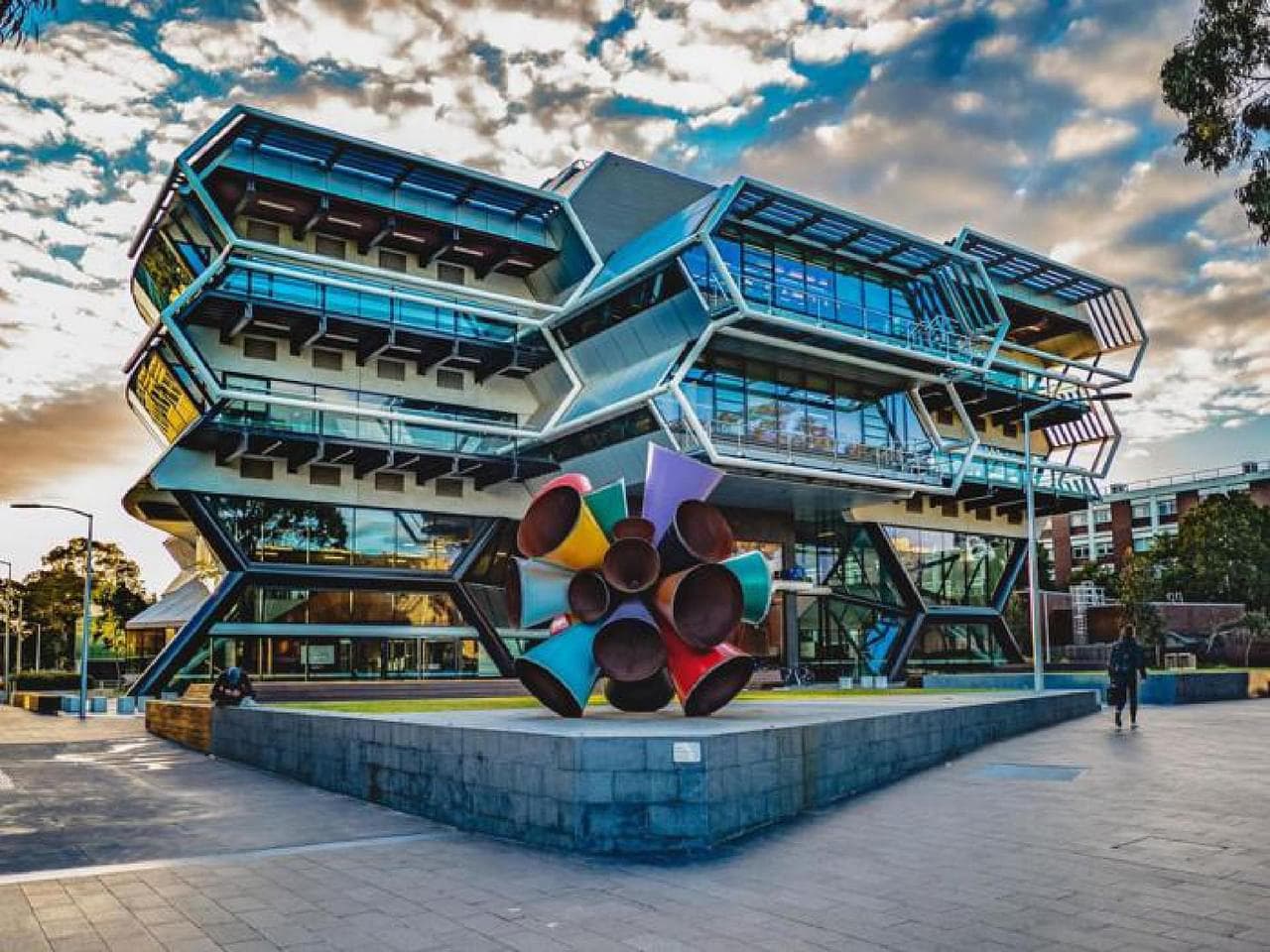The Bachelor of Engineering (Honours) is a specialist course that develops through four themes that combine to underpin engineering practice: Fundamentals and foundational skills, Design, Knowledge and applications, and Professional Practice.
- A. Engineering fundamentals and foundational skills
These will develop your understanding of natural and physical sciences, mathematics, numerical analysis, statistics, and computer and information sciences that underpin all engineering disciplines.
- B. Engineering design
This will develop the engineering techniques, tools and resources for the conduct, design and management of engineering design processes and projects, both in the industrial setting and in the development of research experiments.
- C. Engineering knowledge and application
This will provide in-depth knowledge of the specific engineering methods of a branch of engineering, and will integrate the specific engineering methods and discipline knowledge into practice. You will develop skills to identify and apply knowledge of contextual factors impacting the engineering discipline. Additionally, your studies will focus on your understanding and application of the scope, principles, norms, accountabilities and bounds of contemporary engineering practice in your discipline.
- D. Professional practice
This will develop your skills in readiness for the engineering workplace. You will develop skills in effective team membership and team leadership, the use and management of commercially relevant data, and the legal responsibilities of engineers. This study will integrate the theme 'Engineering knowledge and application' with your specialist field of engineering.
The breadth and diversity of an architectural education can prepare you for a range of different career pathways. You’ll need the subsequent Masters of Architecture degree to become a registered architect.
Graduates from our combined (Bachelor of Architectural Design and Master of Architecture) degrees can work in drafting and designing within small to large scale private practices and for government. Graduates may work on projects of different scales from homes, to housing complexes and from public facilities to entertainment precincts and the urban design of cities. Some become specialists - in heritage buildings, sustainable design or disaster relief.
Architecture graduates can also pursue opportunities including roles in government as policy advisors, project management, property or community development. It is also possible to branch out further to building components, architectural writer and commentator, game and set designers and other jobs which contribute to shaping the built environment.
Course Structure
In combination with our Architectural Design studios, which are the backbone of the course and provide the basis for integrating and learning different aspects of architecture, you will learn about architecture through several perspectives and knowledge areas. Architectural Performance, History and Theory, and Communications units provide comprehensive foundations for putting architectural ideas to work in the world. See below descriptions for more information.
- Architecture Design Studios
Design studios are the core of our architectural education. The studio creates a collaborative environment to explore design approaches through projects that respond to briefs, issues and different constraints. The ‘studio’ models the way architects work with clients, teams, and stakeholders in an iterative process to achieve an outcome. Studios address contemporary urban and architectural issues and are taught by practising architects or academics (many are also both).
Each semester there is a range of studio options available that mirror the diversity of architectural approaches and ways of practising. This enables you to develop personal interests and shape your professional pursuits. The breadth of studio topics on offer each semester allows you to develop skills in specific areas, expand your understanding of architectural possibilities and gain experiences that align with your curiosity and career aspirations.
Studios align with a different theme and vary each semester. Themes span from exploring design processes to developing careful observation and critical propositions, and from materialising architectural ideas to addressing relationships between architecture and the city. The sequence of themed studios prepares you to engage with a range of complex projects and issues in the subsequent Master of Architecture course.
- Architectural Performance
Architectural performance units focus on understanding a host of technical issues that support the realisation of design ideas. You’ll learn how material, structural, constructional and environmental issues shape the built environment and impact the way we live.
Through this suite of three units, you will discover how buildings stand up, how they keep us dry and comfortable, what they can be made out of, how they go together, and how they can contribute to creating healthy and sustainable environments. These units provide you with the knowledge and vocabulary to collaborate with other professionals in the creation of building projects.
- History and Theory
This suite of four units provides a foundation in the history of architectural ideas. Learn from past buildings and cities to shape the present and future. Explore different ways of thinking about architecture and urbanism as a context for shaping your own approaches. Discover how to analyse and explain architecture and environments. Develop design research, analytical and evaluative skills engaging with local and global design development since the 19th Century. These units build your written and verbal skills, preparing you to clearly and convincingly express your ideas to colleagues, clients and others.
- Architecture Communication
Learn how to explore and express your design ideas through a range of representational tools. Through two units undertaken in the first year, you will gain foundations in drawing, computer-aided drafting (CAD), digital modelling, physical modelling, presentation layout, and graphic communication. Communication skills and tools will be further developed and expanded through subsequent design studios and third year architecture elective options. These units prepare you to confidently present your work to clients and communities with confidence - just like architects do in the industry.


